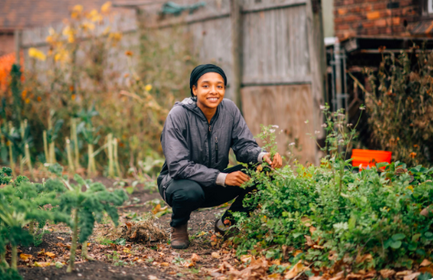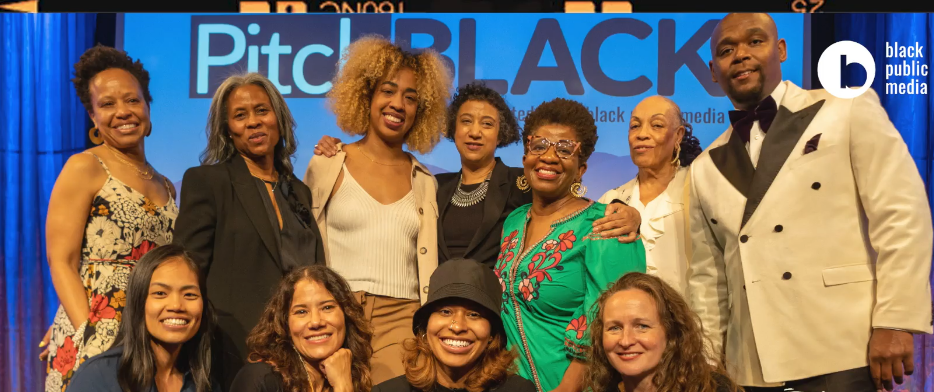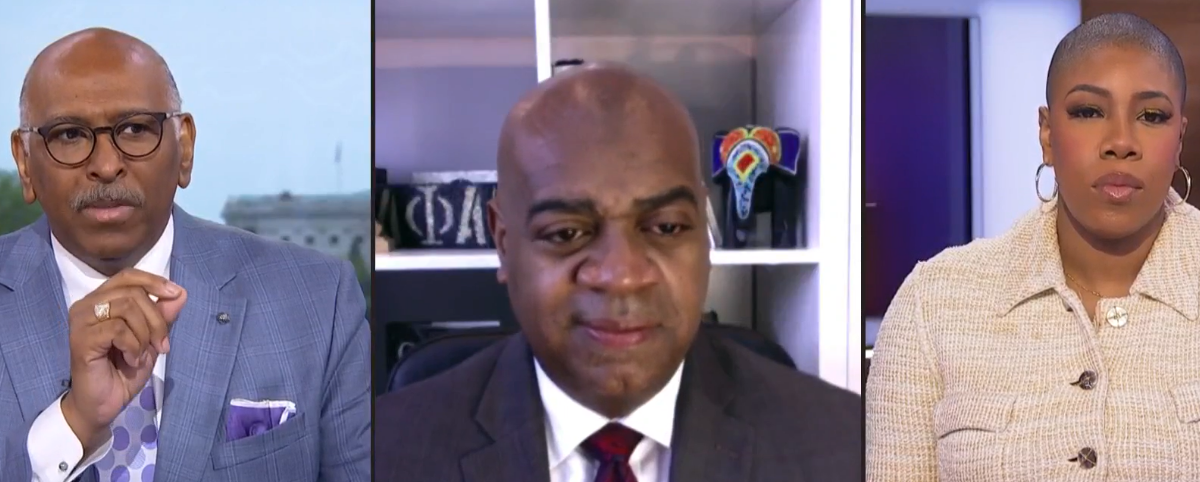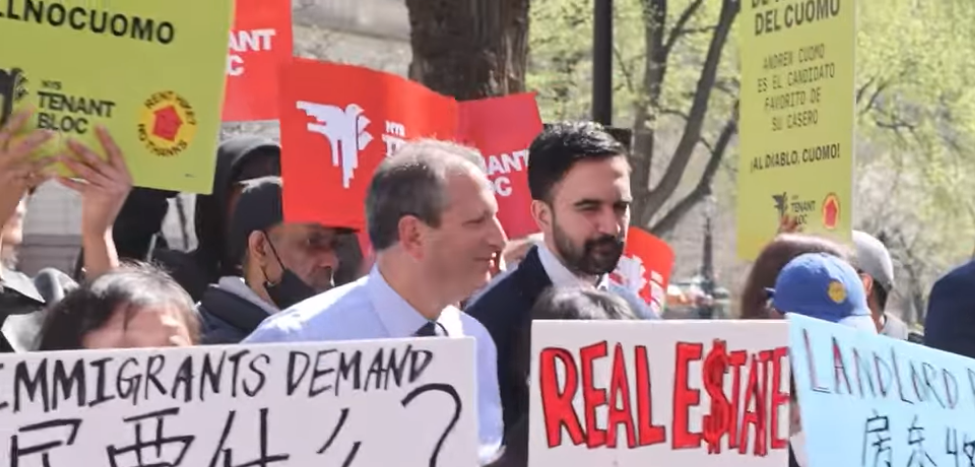Photo: Detroit Black Farmer Land Fund
In the center of a residential neighborhood in Detroit, surrounded by empty lots and houses in disrepair, is an oasis of brightly colored flowers, tomatoes, okra, and other crops.
Ten years ago, this space was neglected, overgrown with high grass, just one of several city-owned, abandoned lots on Helen Street. But the vacant land made one homeowner feel unsafe, so her great-great-nephew and his wife planted flowers and started taking care of the property.
“Nine years later, we are still planting,” said Erin Cole, the great-great-niece-in-law. The once-abandoned lot has since been transformed into a community garden, called Nurturing Our Seeds, that now stretches across several lots on the street. It has become an anchor for the neighborhood, providing affordable and nutritious produce, hosting events, and reminding the community that people still live on Helen Street, despite the derelict homes, and that they still care.
But for the nearly decade that Cole and her husband tended the land, they never actually owned it.
After the couple inherited the great-great-aunt’s house, they inquired with the city about purchasing the lot next door. But they were told they didn’t qualify for Detroit’s side lot program because of taxes they owed on the house leftover from the aunt.
Cole and her husband later inquired about buying a different abandoned lot across the street, which used to belong to a family member. For years, the answer was, “‘We’re not selling it,’” Cole told Grist. Then, she said, the land was suddenly announced up for auction. It hadn’t been offered to anyone that already lived in the neighborhood.
Finally last year, Cole and her husband were able to purchase the farmland, buying several lots with the help of the newly created Detroit Black Farmer Land Fund.
Read more.








